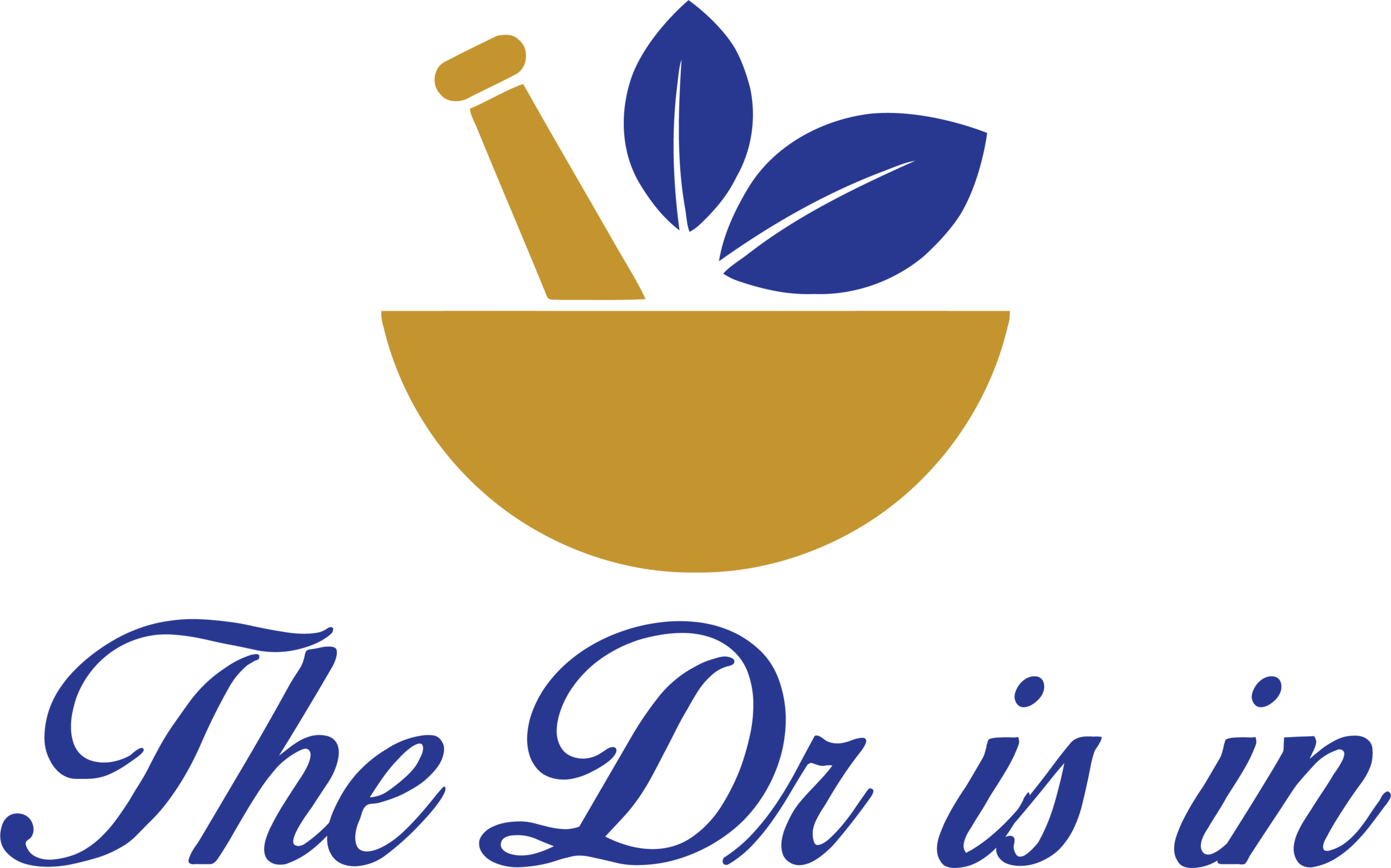Naturopathic Remedies for Frequent Urination
Associated with Benign Prostatic Hypertrophy (BPH)
Frequent urination, especially at night (nocturia), is one of the most bothersome symptoms of benign prostatic hypertrophy (BPH), a common non-cancerous enlargement of the prostate gland in aging men. While traditional medicines are available, many men seek naturopathic and holistic remedies to support prostate health and manage symptoms more naturally. Here’s an evidence-informed guide to naturopathic approaches for BPH-related urinary frequency.
Understanding the Problem
BPH puts pressure on the urethra and affects the bladder’s ability to empty completely, leading to increased urinary urges, nocturia, and dribbling. Managing these symptoms can greatly improve quality of life.
Key Naturopathic Remedies
Saw Palmetto (Serenoa repens)
One of the most extensively used herbs for BPH.
Multiple studies suggest saw palmetto may help reduce urinary frequency, improve urine flow, and decrease nocturia, although results are mixed.
Typically taken as a standardized extract (160mg twice daily).
Pygeum africanum
Extracted from the African cherry tree bark.
Shown to decrease urinary frequency, urgency, and nighttime urination in BPH patients.
Usual dose: 100-200mg per day of standardized extract.
Stinging Nettle Root (Urtica dioica)
Used to promote urinary flow and decrease residual urine.
May be taken alone or in combination with saw palmetto for additive effects.
Beta-Sitosterol
A plant sterol found in many vegetables and seeds.
Research indicates beta-sitosterol can improve urinary symptoms and flow measures in men with BPH.
Pumpkin Seed Oil
Traditionally used in Europe for men’s urinary health.
May help reduce symptoms of frequent urination and support prostate comfort.
Dietary Considerations
Anti-inflammatory, plant-forward diets are recommended for prostate health.
Increase intake of tomatoes (a source of lycopene), cruciferous vegetables (broccoli, cabbage), healthy fats (olive oil, fish), and whole grains.
Stay hydrated, but minimize caffeine and alcohol intake, which may exacerbate urinary frequency.
Lifestyle & Behavioral Approaches
Regular exercise: Aids hormone balance and reduces inflammation.
Manage stress: Practice mindfulness techniques such as yoga, meditation, or breathing exercises.
Bladder training: Timed voiding and gradually increasing time between urinations can improve bladder capacity.
Practical Tips for Symptom Management
- Urinate whenever the urge arises—avoid holding it in.
- Double voiding (waiting a few minutes after urination and trying again) can help empty the bladder fully.
- Limit evening fluid intake to reduce nighttime symptoms.
Important Considerations
Discuss all herbal and supplement use with a qualified healthcare provider, especially if you are on prescription medications or have underlying health conditions.
Naturopathic remedies can be a supportive adjunct, but do not replace standard screening, medical evaluation, or interventions where clinically necessary.
Watch for signs of complications (like painful urination, blood in urine, fever), which require prompt medical attention.
Conclusion
Naturopathic remedies—when chosen wisely and used under professional supervision—can help ease the frequent urination associated with BPH. A holistic approach that includes botanicals, dietary changes, and healthy lifestyle choices offers gentle and supportive management for many men.

